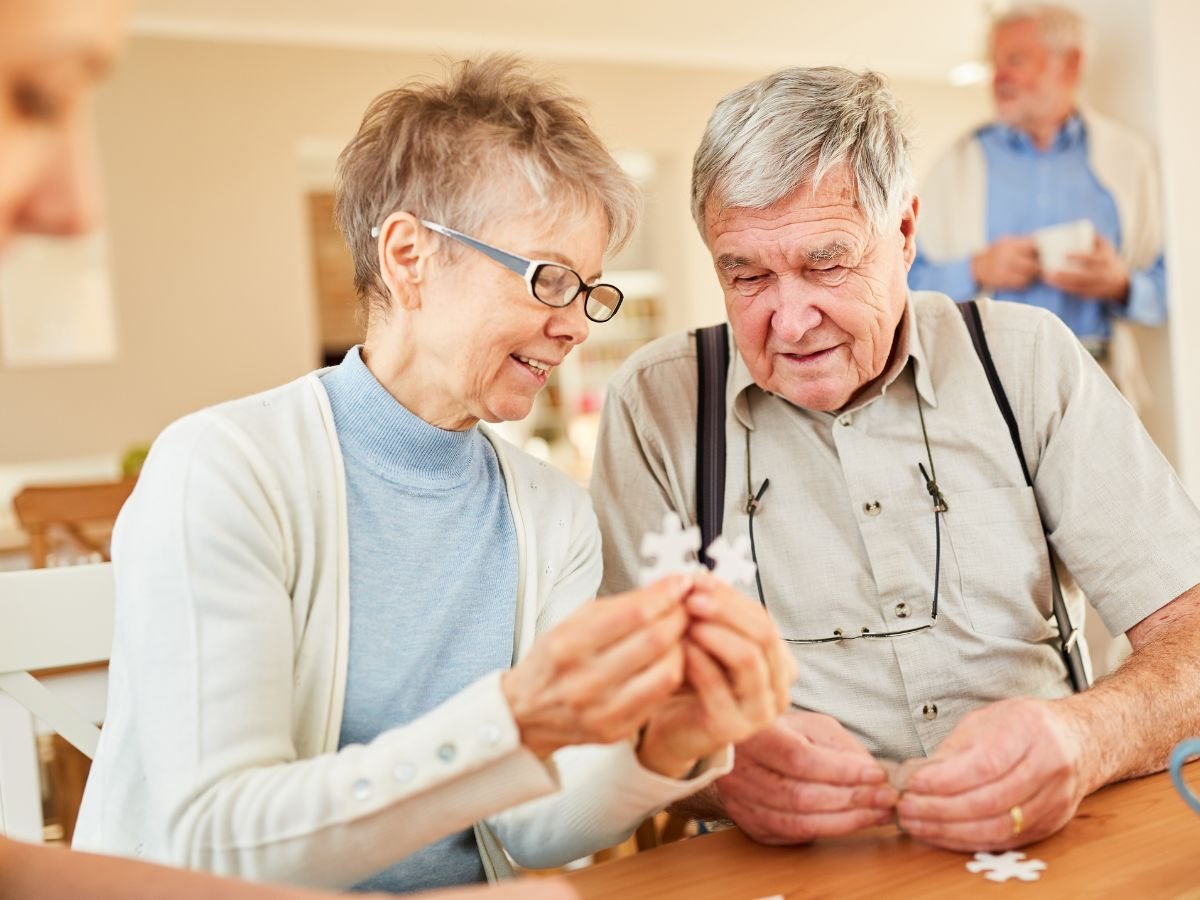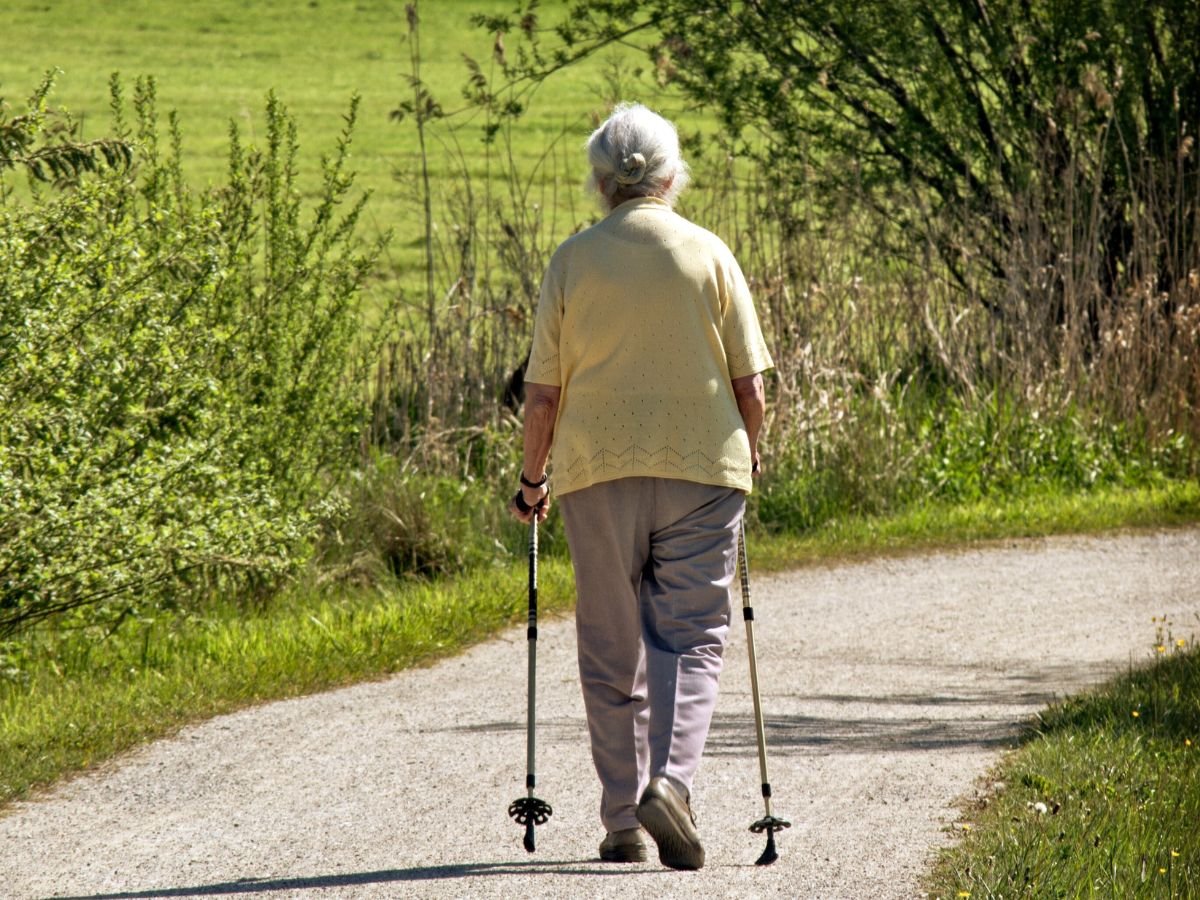
What Should Families Know About Parkinson's Disease Progression
Receiving a diagnosis of Parkinson's Disease (PD) can feel overwhelming, both for the individual and their loved ones. It’s a journey into a new landscape, one marked by uncertainty and a host of questions. What does this mean? How will it affect daily life?

How to Approach Home Care After a Previous Negative Experience
The decision to invite a caregiver into your home, or the home of a cherished senior loved one, is built on a foundation of trust. It’s a deeply personal choice, one made with the hope of enhancing quality of life, ensuring safety, and providing compassionate support.

Thoughtful Ways to Celebrate with Senior Family Members
The holiday season often evokes images of bustling family gatherings, cherished traditions, and the warmth of shared laughter. For families with aging loved ones, these times hold a special significance – an opportunity to create new memories while honoring the past.

The Advantages of 24-Hour Home Care for Seniors
The desire to age gracefully and comfortably in one's own home is a deeply held aspiration for many seniors. Home is more than just a place; it's a repository of memories, a symbol of independence, and a sanctuary of familiarity. However, as we age, the natural progression of life can bring about physical and cognitive changes that necessitate additional support.

Is Your Home Dementia-Friendly
Making the decision to seek in-home care for an elderly parent or loved one is often a significant emotional and practical step. It’s a choice born out of love, concern, and a deep desire to ensure their well-being, safety, and happiness. The prospect of entrusting someone with the care of a cherished family member can feel overwhelming, but with careful consideration and a methodical approach, you can find a home care agency that provides not just assistance, but also peace of mind.

How to Choose the Right Home Care Agency for Your Loved One
Making the decision to seek in-home care for an elderly parent or loved one is often a significant emotional and practical step. It’s a choice born out of love, concern, and a deep desire to ensure their well-being, safety, and happiness. The prospect of entrusting someone with the care of a cherished family member can feel overwhelming, but with careful consideration and a methodical approach, you can find a home care agency that provides not just assistance, but also peace of mind.

20 Fun and Engaging Hobbies for Seniors to Stay Active
Maintaining an active and engaged lifestyle becomes increasingly important for physical, mental, and emotional well-being as individuals age. Hobbies offer seniors the opportunity to explore interests, form social connections, and sustain mobility and independence.

The Role of Respite Care in Supporting Family Caregivers
Familial caregiving is a noble yet often demanding role, as loved ones take on the responsibility of caring for aging family members. While providing essential support and companionship, caregivers can sometimes find this role overwhelming. This is where respite care becomes an invaluable resource.

Supporting Seniors with Dementia and Memory Loss
Supporting a loved one with dementia requires patience, compassion, and strategic care. It's a journey that involves adapting to their changing needs and finding effective ways to manage memory loss while enhancing their quality of life. Dementia affects millions of seniors, and providing comprehensive dementia care for seniors is essential in making their lives as comfortable and fulfilling as possible.

Essential Fall Prevention Strategies for Aging Loved Ones
Falls pose a significant risk to aging loved ones, impacting their health and quality of life. Effective strategies to mitigate these risks are essential, particularly within the comfort of their homes. Providing comprehensive fall prevention not only prolongs their independence but significantly improves their overall well-being.

What Should I Do If My Elderly Parent Refuses to Change Clothes?
Ensuring the well-being of an aging loved one involves addressing various aspects of their health, including personal hygiene. For families, encountering resistance when encouraging a senior parent to bathe or change into clean clothes can be a confusing and distressing experience. It's a situation that often leaves families feeling helpless, frustrated, and concerned.

Brain Exercises for Seniors to Improve Memory and Cognitive Function
Maintaining cognitive health is a cornerstone of graceful aging, enabling seniors to preserve their independence, enjoy meaningful relationships, and continue engaging with the world around them. For many older adults and their families, concerns about memory changes and cognitive function are common.

Managing Anger in Elderly Parents and Finding Solutions
Anger in elderly parents is a challenging and often distressing experience for families. When once calm and gentle individuals begin to display irritability or explosive anger, it can be confusing and overwhelming for those tasked with their day-to-day care. Understanding the underlying causes and finding effective ways to address these emotional shifts is crucial for maintaining family harmony, fostering compassion, and improving the overall well-being of aging loved ones.

The Benefits of Companion Care for Elderly Loved Ones
As individuals age, their need for daily support and social engagement often increases. While family members strive to provide comfort and assistance, balancing work, personal obligations, and caregiving responsibilities can quickly become overwhelming. Companion care for seniors bridges this gap, offering elderly loved ones both meaningful relationships and essential support within the comfort of their own homes.

Understanding and Managing Senior Wandering—A Guide for Families
Wandering is a common and concerning behavior among seniors, particularly those with cognitive impairments such as dementia or Alzheimer's disease. This behavior can pose significant risks to the safety and well-being of elderly individuals. Understanding the reasons behind senior wandering behavior and implementing effective strategies to manage it is crucial for families and caregivers.

Nutrition Tips for Seniors to Support Healthy Aging
Nutrition plays a crucial role in healthy aging, particularly for seniors who require a balanced diet to maintain their health and vitality. As individuals age, their nutritional needs change, and a lack of proper diet can lead to various health issues. Understanding the importance of nutrition for elderly individuals and implementing effective meal planning strategies can significantly enhance their quality of life.

How Gardening Keeps Seniors Active and Engaged at Home
Gardening has long been appreciated as a peaceful pastime, but for seniors, it offers much more than aesthetic enjoyment. For older adults, gardening serves as a powerful form of physical activity, cognitive stimulation, and emotional therapy. As individuals age, staying active and involved becomes increasingly important—and gardening provides a meaningful, accessible outlet to do just that.

Top Financial Assistance Options for Senior Home Care
Home care enables aging adults to remain in familiar surroundings while receiving the support they need. Whether a senior needs help with daily routines, mobility, or companionship, the benefits of in-home support are undeniable. However, many families hesitate to explore these services due to concerns about cost.

Ways to Keep Seniors Socially Engaged and Connected
As people age, social circles naturally shrink due to retirement, loss of friends or a spouse, and reduced mobility. Unfortunately, with these changes often comes isolation—a condition that affects millions of older adults. Left unaddressed, loneliness can have serious consequences on both physical and mental health. Knowing how to avoid isolation on seniors is essential for families who want to improve senior citizen’s lifestyle and well-being.

Ways to Support Family Caregivers of Aging Loved Ones
Caring for an aging parent, spouse, or grandparent is one of the most selfless roles a person can take on—but it is also one of the most demanding. As the needs of aging loved ones increase, family caregivers often face emotional, physical, and financial challenges that can take a serious toll. For those who ask how to help, understanding the right kind of support for family caregivers is essential.

